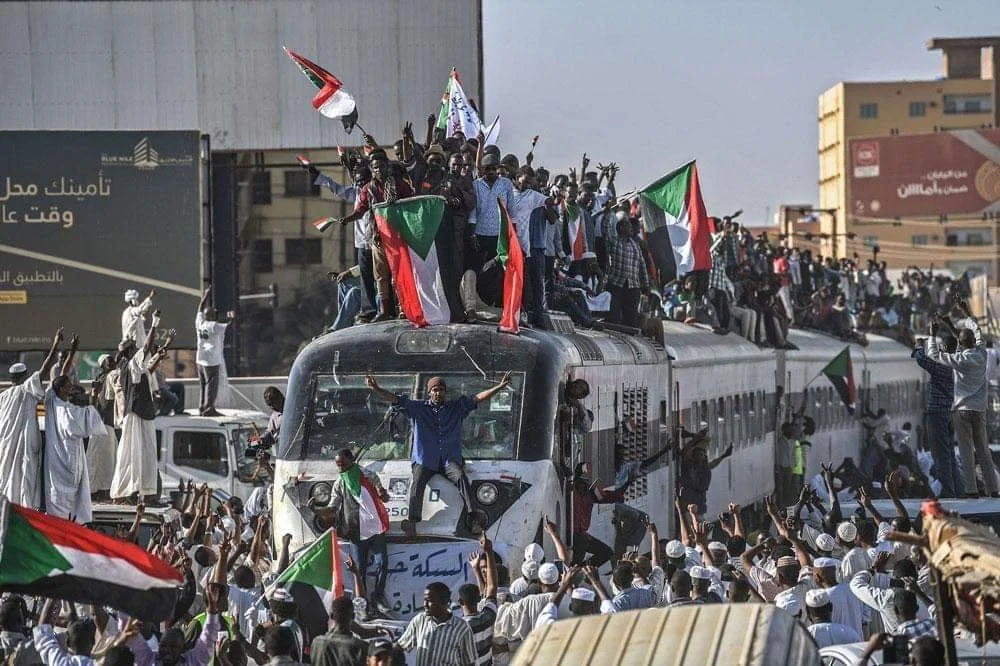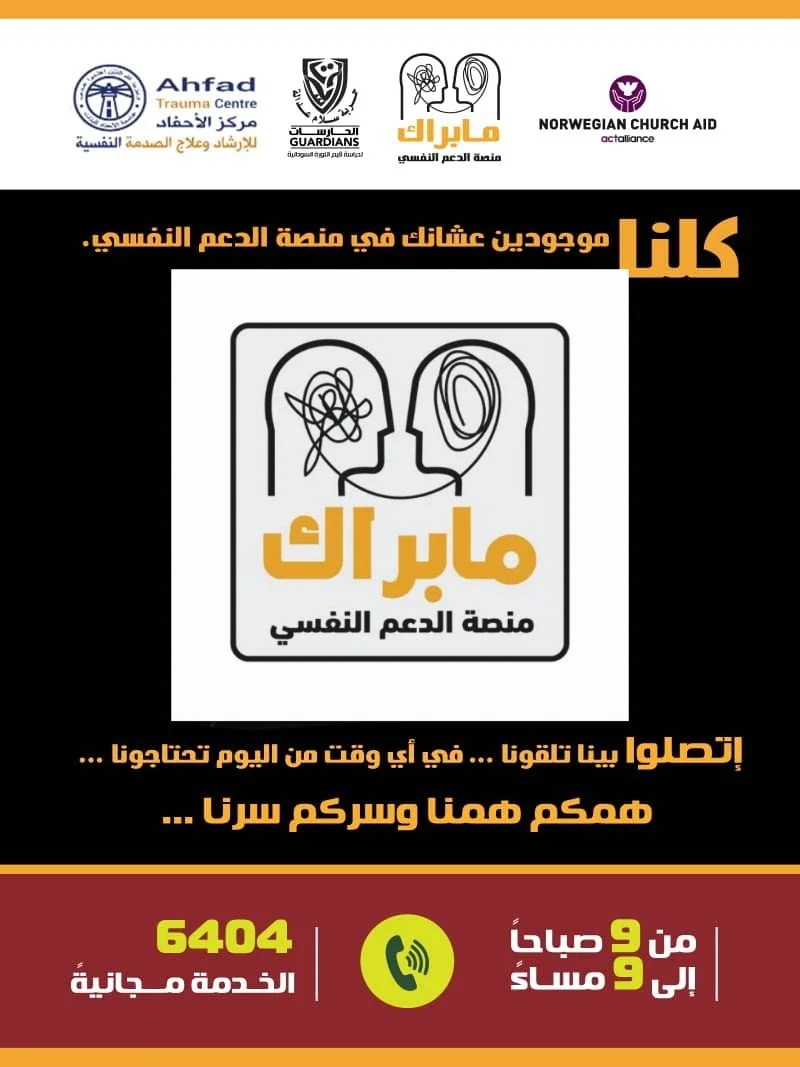Sudan’s Fight for Democracy
Abbasher, CC BY-SA 4.0 <https://creativecommons.org/licenses/by-sa/4.0>, via Wikimedia Commons
In December 2018, a countrywide mass protest began in Sudan, demanding the removal of President Omar Al-Bashir, who held office for over thirty years through electoral fraud. Millions of people marched in protest in Sudan and worldwide, and many lives were lost in sacrifice to the cause. The campaign was successful when the Miltary ousted Al-Bashir. An alliance between the military and a civilian group formed a transitional government that would share power for the next two years while the country stabilized and a system for voting was put in place. The people chose to trust despite their apprehensions over military rule in general and giving power to Lt Gen. Al-Burhan and Hemetti specifically.
On Oct 25th, 2021, the military betrayed that trust.
Hope for democracy and peace was brought to a halt when the army, led by Burhan and Hemetti, seized the government in a coup, illegally apprehending Prime minister Hamdook and his cabinet and placing them under house arrest. They claimed to have done it to protect the country from civil war. Soon after, new protests broke out demanding the release of Hamdook and that the elections for a civilian-led government move forward.
Sudan was plunged into darkness when the internet was shut down, cutting it off from the world. Many news agencies were exiled, and reporters' press cards were revoked. This isolation allows the coup forces to control how and what information is shared with the world.
The military has continuously and repeatedly responded with great violence towards the peaceful protesters, using teargas, metal batons, rubber bullets, and live bullets to disband the protest. They follow this up by arresting the most vocal protesters and using campaigns of defamation and slander to excuse the violence against them. Their violence has caused a tally of deaths and injuries that continues to rise by the day. Since the protest began on Oct 25th, the number of confirmed deaths at the hands of the government has reached 79, despite them being peaceful protests. Women participating in the protests do so with the risk of being exposed to sexual harassment and rape at the hands of military forces and other mercenaries. It is challenging to determine the number of women who have been victims of sexual violence for several reasons, including fear of cultural repercussions and internalized blame. However, cases have been reported.
Despite the military's brutal crackdown, once again, the people of Sudan are revolting and fighting to bring the country back from destruction. Risking their lives so their voices can be heard and the right to vote restored. With each death, the people's conviction is reinforced. They will not allow the loss of their brothers, sisters, sons, and daughters to be in vain.
for more information visit www.sudancoup.com
If you or anyone you know experienced sexual assault in Sudan, mental health should be a priority. Sexual assault support is available for free at “ما براك" by calling 6404


